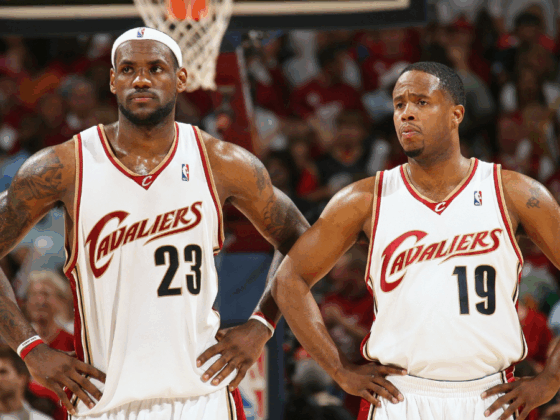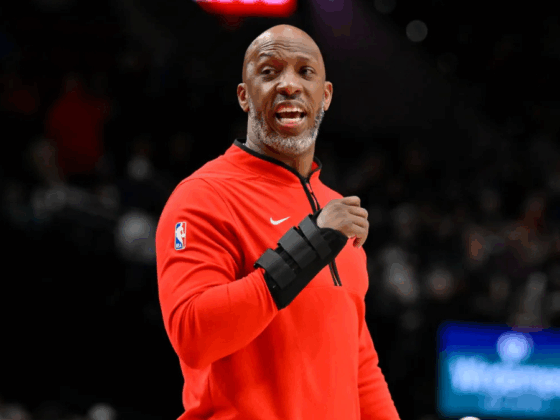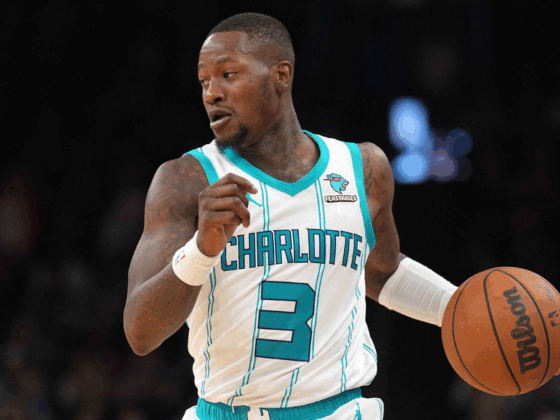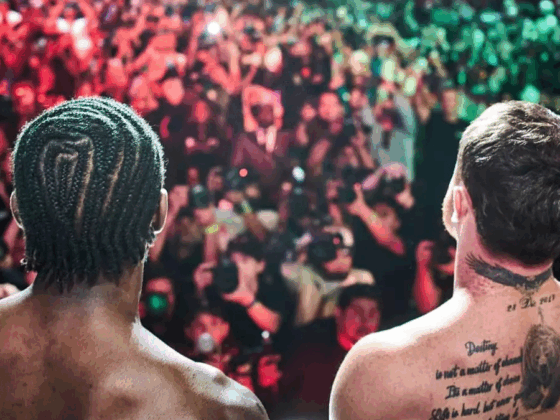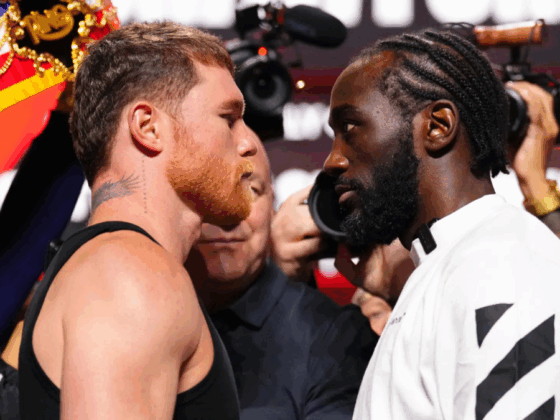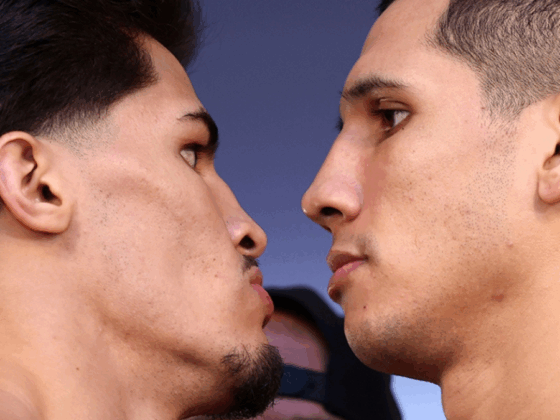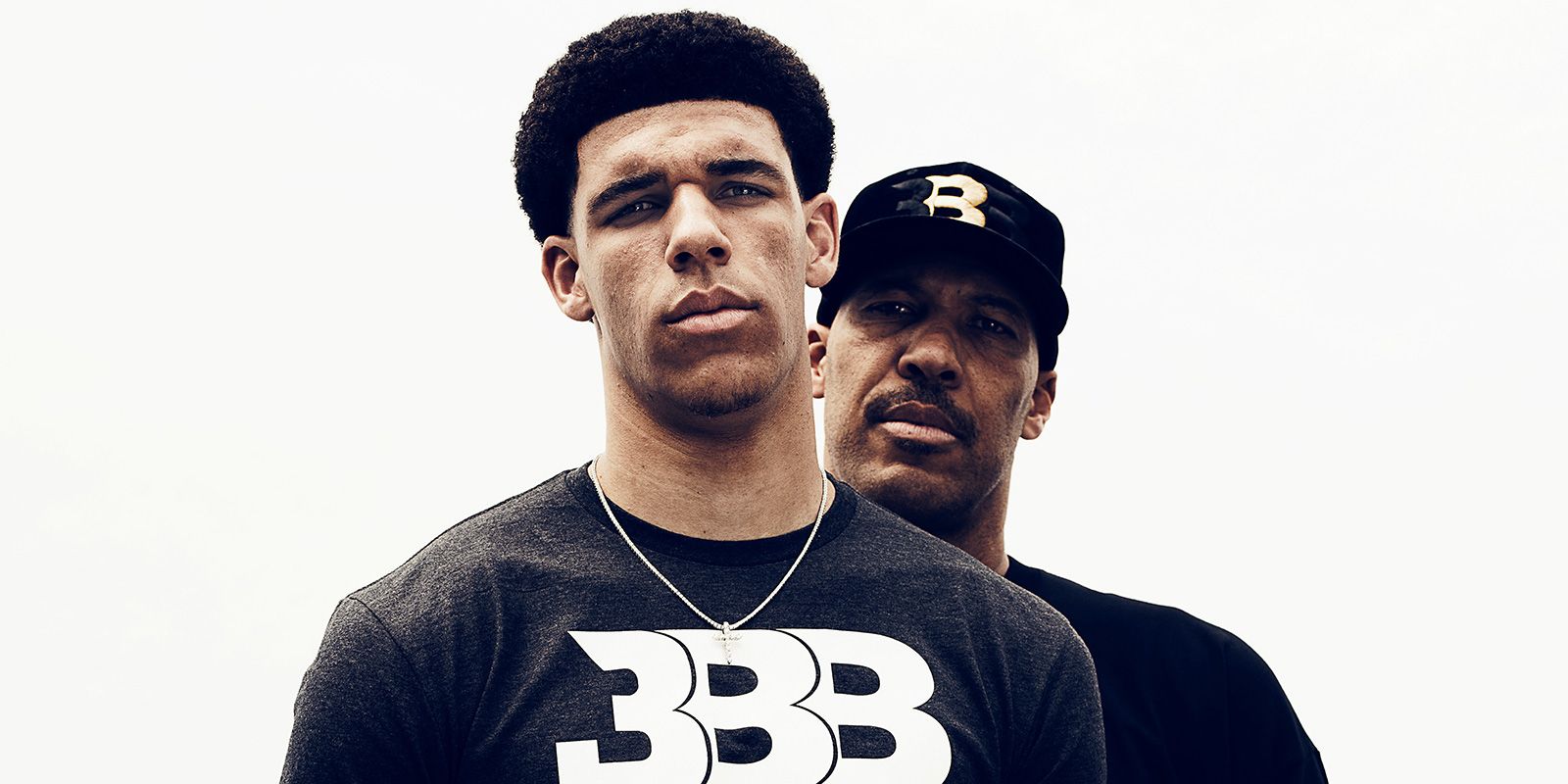
The Ball family seems to fill the news every day ever since Lonzo made it big and Lavar started promoting the Big Baller Brand. Many people are sick and tired of hearing about the Ball family, who talks a big game despite not yet having accomplished anything in the NBA. They price their shoes at a premium price, demanded that any shoe deals be worth $1 billion, and talk as if they have the biggest and best brand in the NBA. It’s arrogant and downright obnoxious. However, in the midst of all the boasting and bragging, they seem to be on to something.
For years, players have been at the will of their agents and shoe companies when it comes to their value and brand. Money has to be shared, and often times players are dictated on how their brand will look and be represented. The Ball family brings a new mindset that has been in the works for years and may pave a new path for future players.
Owning Your Brand

Michael Jordan was the first player to really embrace the idea of owning his own brand. He helped build Nike into what it is today and branched off his shoe line from Nike into his own Jordan brand. However, MJ is MJ, and it’s easy to brush that off as the greatest player just being able to dictate what he wants. What happened in the years after Jordan, though, showed that NBA players could build “brands” of their own by having their own universally recognized gear. We started seeing brands come from players like Allen Iverson and Tracy McGrady have their own shoe and clothing lines that made their way into pop culture. Players were becoming fashion icons rather than athletes. Guys like Stephon Marbury and Ben Wallace even captured the affordable shoe and clothing market with their brands. However, their brands and value were still controlled by shoe companies.
What does this have to do with the Ball family and future NBA players? The Ball family has a chance to challenge the idea of a shoe company owning the brand of a player. As it is, players sign their rights away to shoe companies in exchange for a paycheck. That’s not to say there is anything wrong with taking the paydays from Nike or Adidas, but nowadays, players are becoming both businessmen and athletes. They have brands to manage, brands that they created. And if they want full control of their brands and their businesses then they absolutely should have it. The current generation is obsessed with the idea of the entrepreneur; let’s see where these athletes can take their brands.
Building the ‘Big Baller Brand’
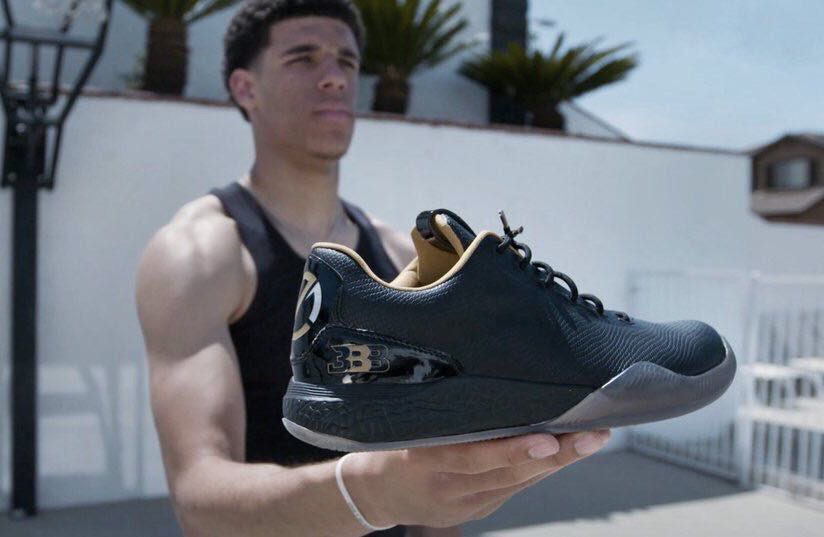
What the Balls have done is create a brand around their family. It’s not only about shoes, it’s about their entire brand. Lots of people laugh, but if Lonzo becomes a star in the NBA, think how many BBB t-shirts, shoes, bags and sandals you will see all over Los Angeles and the rest of the country. And all of that money will go to the Ball family. Not every player has to go the Ball family route, but if a player takes control of his brand, then he has the opportunity to create a brand everybody will want to wear. Think about Jordan brand. It doesn’t matter if you are a basketball fan or not, Jordan brand is cool, and people will buy it. It is a pop icon and is known for high-quality athletic gear. Players could own their brands and make huge money off of them.
LeBron James signed a lifetime deal with Nike at a value estimated around $500 million. That’s a lot of money, but consider that Nike makes nearly that much in one year off of James’ shoes and apparel alone; that lifetime deal is worth about the same amount as one year of revenue. Let that sink in. And this isn’t an attempt to villainize Nike or any other shoe company, but to emphasize the earning potential for a player who takes his brand and owns it. It’s surely a risk, but if a player hits gold then the money could be unprecedented.
The call here in this article isn’t to glorify Lavar Ball and his antics, but to notice the shift in a player’s value. To players, BBB should signify an opportunity: a chance to look at their values when they hit the professional ranks and decide how they want to manage their brands. It’s okay if they still want to sign with Nike or Adidas; that’ll make them rich, they need to consider the fact that creating brands of their own is an option that could allow them to keep their money, control the product, and make names for themselves. It comes with risk, but that’s what being an entrepreneur is all about.

